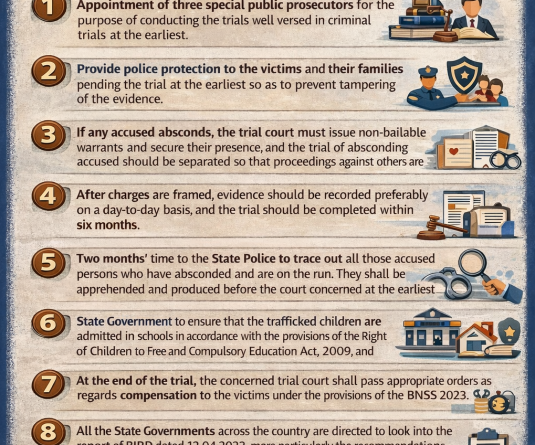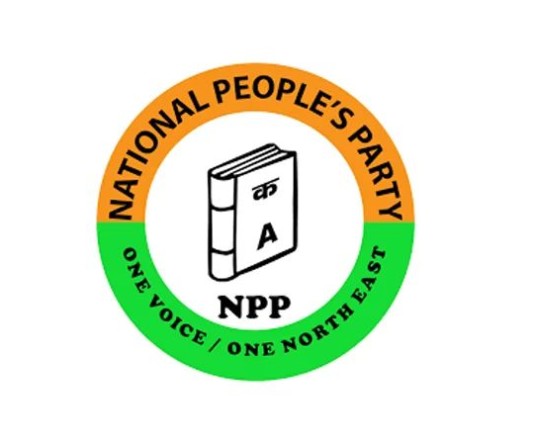
NOTA: The point being?
Morung Express News
Dimapur | April 9
Varied views were expressed by voters across Nagaland on the ballot option None of the Above (NOTA), introduced by the Election Commission of India for the first time in the Lok Sabha polls. Lima, a teacher at a college in Dimapur, expressed there may be some electors, especially the youth, could use this option as many are unsatisfied with the present electioneering system, where most votes are cast by proxy voters. Alizo, a youth, expressed apprehension that there may be few voters casting NOTA, as many may not be aware about this ballot option.
In another polling station in Dimapur, an elderly elector stated that there could be no votes cast on NOTA as “all the candidates in Nagaland are able and eligible.” Chuba, from Mokokchung, was of the view that there could be no electors in Nagaland taking the effort to go to the polling station and casting their vote on NOTA. “I’d rather sit at home than go out and vote on NOTA,” he expressed. He noted that there is little significance in introducing the NOTA option, except as a means to collect data. The NOTA option has no tangible effect on the polling result.
Chempise, an elector in Tuensang, opined that electors, especially in villages, may mistakenly press the NOTA button in confusion. He viewed that the newly introduced ballot option has not been publicized adequately.
The introduction of NOTA has brought different views among the voters. While interviewing electors, many were found unaware of this option or what would happen if a majority of voters cast their vote on NOTA. The ECI has notified that higher number of NOTA votes will have no effect on the winning chances of candidates. Candidates with the higher number of votes will be declared the winner even if majority of the electors cast their votes on NOTA. The ‘None Of The Above’ button is a ballot option intended to allow the voter to express her/his disapproval of all the candidates based on the principle that consent requires the ability to withhold consent in an election.
_______________________________
Why we did not vote…
Kohima, April 9 (MExN): “In my entire life, I went to vote once, but by the time I reached the booth, somebody had already cast my vote. That that changed my whole perspective about the right to vote,” says a media person who did not vote in the Lok Sabha elections held on April 9.
Apart from the usual excuses of not obtaining a voter’s ID card or the distance one has to travel to vote, there were other reasons some Nagas chose not to vote. “My vote makes no difference. We all know who is going to win,” says a student activist who is of the view that despite the clean election campaigns, proxy votes are rampant all over Nagaland.
“My vote is not reducing the corruption level,” says another citizen. Many Nagas are of the view that voting is not going to bring change in Nagaland. Many do not support any of the candidates and feel that there is no gain for the public in the candidate’s victory.
An SSA teacher whose electoral station is based in Zunheboto says, “I don’t even have the fare to go and vote.” A mother of 3 says, “I feel lazy but I also feel that it is not important.”
Despite efforts on a clean election campaign, proxy voting comes easy in Nagaland. Sensitization, awareness, honesty and integrity are challenges Nagaland still has to deal with.
______________________________
Indifference to voting remains
Our Correspondent
Kiphire | April 9
Campaign on free and fair election, ethical voting and SVEEP campaign concluded just before the Lok Sabha polls, however, indifference and apathy remained for a section of the electorate.
Polling Booths looked deserted and voting was done in a lukewarm manner in Kiphire district. Some expressed that the whole exercise would have “no benefit” and was “not worth the time and energy” spent coming to the polling station to exercise one’s franchise. Some youths who came to vote shared they would press the NOTA button, as they have lost faith in politicians.
Some party leaders said that development activities have been lacking in the district, thereby resulting in cynicism. They stated that the district needs due consideration for its electorate to shake off the sense of apathy towards the democratic process.
A group of senior citizens at a polling station said, “we are extremely discouraged and don’t want to exercise our vote because in the past five years Kiphire district is left out completely and is not on the development map…”





